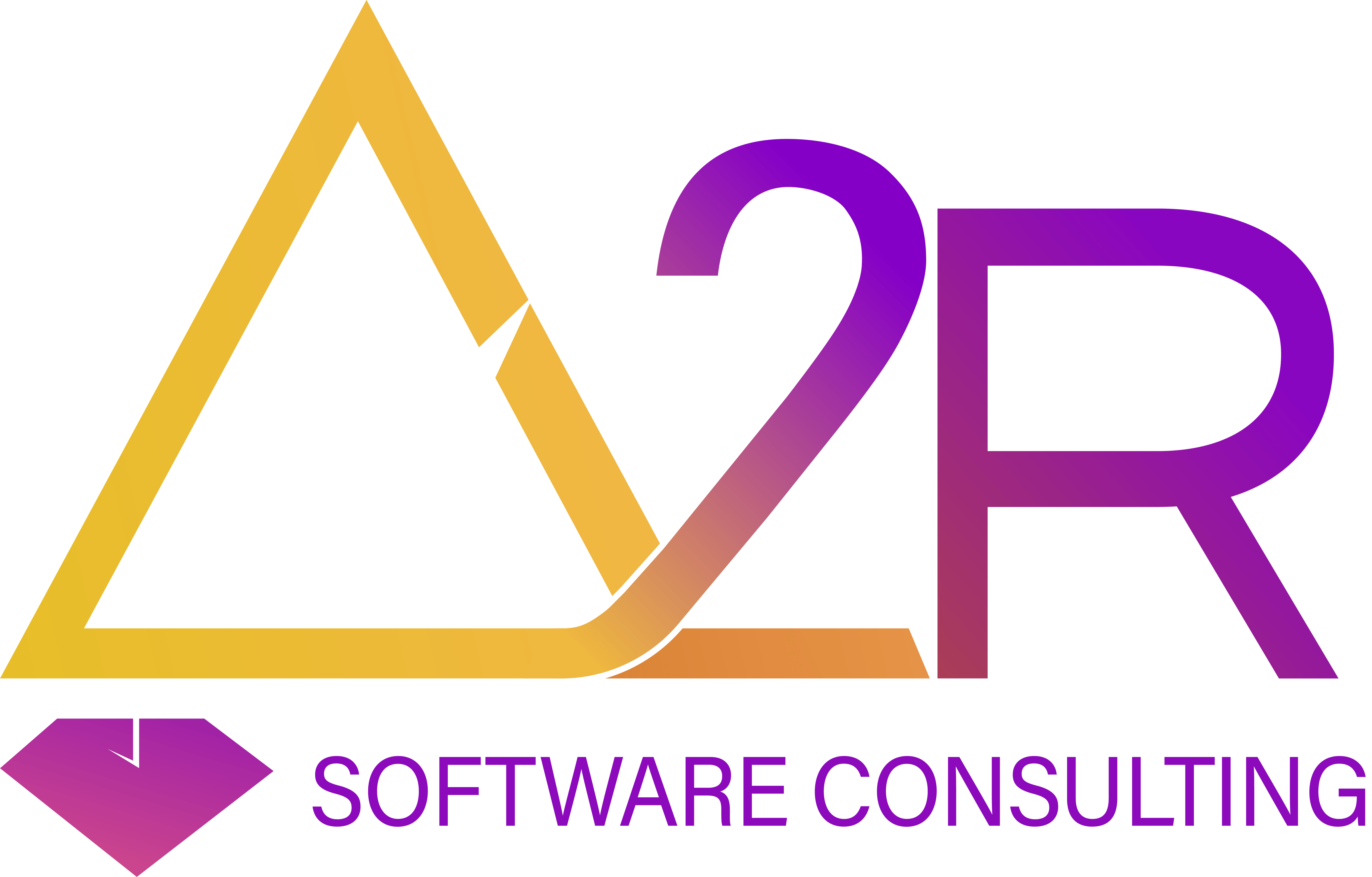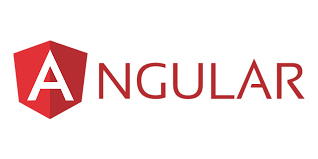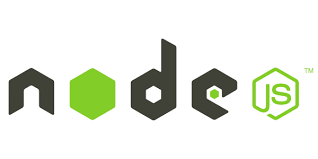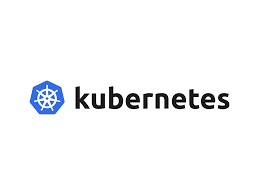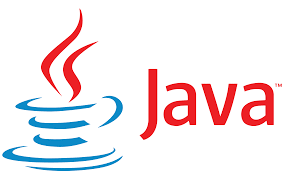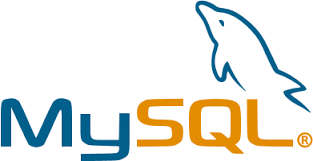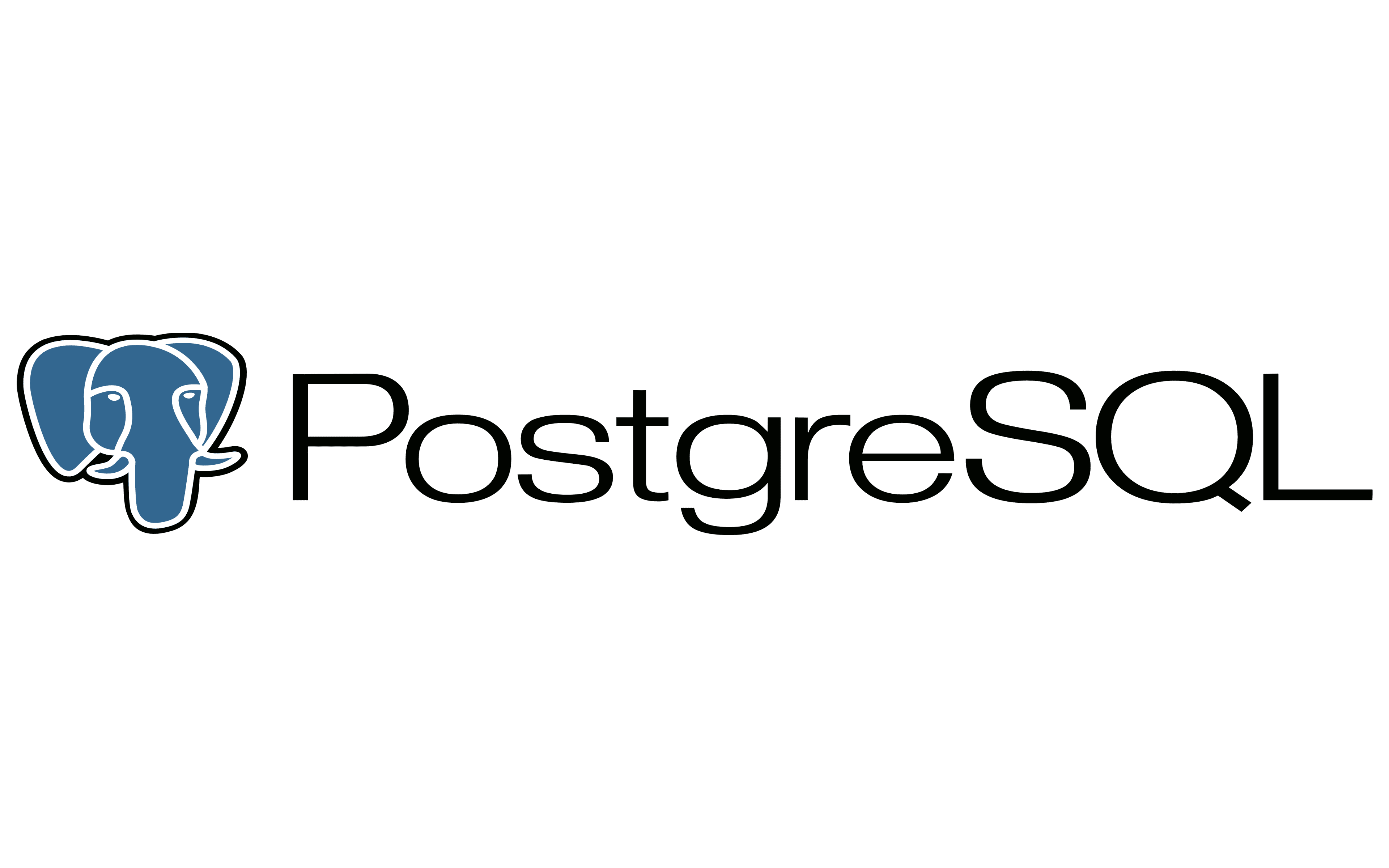
Custom Software Development
Custom Software Development:
Custom software development involves the creation of tailor-made software solutions designed to meet the specific needs and requirements of a particular organization or business. Unlike off-the-shelf software, custom software is built from scratch or customized extensively to address unique challenges, streamline processes, and achieve business objectives more effectively. Here's an overview of the custom software development process and its key aspects:
Discovery and Requirement Gathering:
The process begins with thorough discussions and analysis to understand the organization's goals, challenges, and specific requirements.Stakeholders collaborate to define the scope, objectives, features, and functionalities of the custom software solution.Requirements gathering involves documenting user stories, use cases, and technical specifications to guide the development process.
Design and Planning:
Based on the gathered requirements, the development team creates a detailed design and architecture plan for the custom software solution.User interface (UI) and user experience (UX) design are developed to ensure
the software is intuitive, user-friendly, and aligned with user needs.Technical architecture, database design, and system integrations are planned to ensure scalability, performance, and interoperability.
Development and Implementation:
Software development begins with coding and programming based on the approved design and specifications.Agile or iterative development methodologies may be employed to facilitate flexibility, collaboration, and incremental delivery of features.Developers use programming languages, frameworks, and tools best suited to the project requirements, such as Java, Python, .NET, or JavaScript.
Testing and Quality Assurance:
Rigorous testing is conducted throughout the development process to ensure the custom software meets quality standards and performs as expected.Different types of testing, including unit testing, integration testing, system testing, and user acceptance testing (UAT), are performed to identify and address defects and ensure functionality, reliability, and security.
Deployment and Deployment:
Once development and testing are complete, the custom software solution is deployed to production environments.Deployment processes may involve installation, configuration, data migration, and user training to ensure a smooth transition and adoption of the new software.Continuous monitoring and support are provided to address any issues, optimize performance, and accommodate changes or updates as needed.
Maintenance and Support:
Post-deployment, ongoing maintenance and support are essential to keep the custom software solution running smoothly and address any issues or enhancement requests.Regular updates, patches, and upgrades may be released to improve functionality, security, and compatibility with evolving technologies.Technical support services are provided to assist users, troubleshoot problems, and ensure the optimal performance of the custom software solution.Custom software development offers numerous benefits, including:
Tailored Solutions:
Custom software is designed to address specific business needs and workflows, providing a more efficient and effective solution compared to generic off-the-shelf software.
Scalability:
Custom software can be scaled and adapted to accommodate growth, changing requirements, and emerging technologies, ensuring long-term value and investment protection.
Competitive Advantage:
Custom software can differentiate businesses by offering unique features, capabilities, and user experiences that set them apart from competitors.
Control and Ownership:
Organizations have full control and ownership over custom software, including source code, data, and intellectual property rights, providing greater flexibility, security, and independence.
Cost Efficiency:
While custom software development may involve higher upfront costs compared to off-the-shelf solutions, it often provides a higher return on investment (ROI) over time by addressing specific needs more effectively and reducing reliance on costly workarounds or manual processes.Overall, custom software development enables organizations to leverage technology to drive innovation, optimize processes, and achieve strategic goals, empowering them to adapt and thrive in a dynamic and competitive business environment.
Skills

App Development
×
